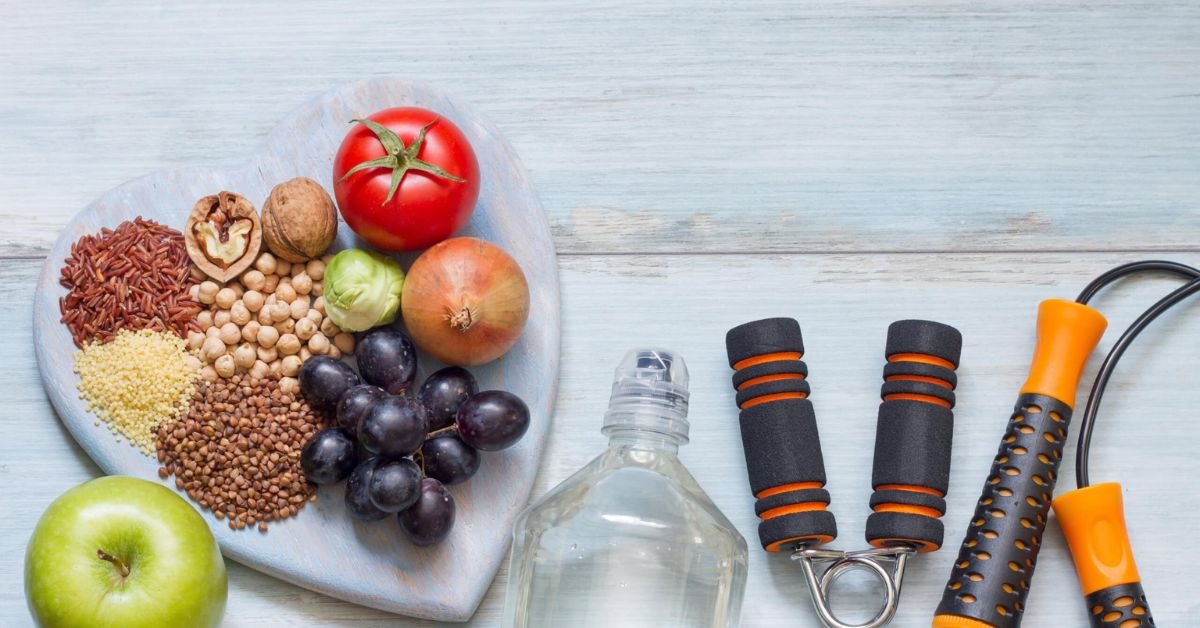lifestyle adjustments for Egg freezing, or oocyte cryopreservation, is a procedure that allows women to preserve their eggs for future use. This process is increasingly popular among women who wish to delay motherhood due to personal or professional reasons. However, the success of egg freezing is significantly influenced by various lifestyle factors. Making informed lifestyle adjustments can enhance the quality of eggs and improve the chances of a successful pregnancy later on. This guide explores essential lifestyle changes that can positively impact the egg freezing process.
Understanding Egg Quality
Before diving into lifestyle adjustments, it’s crucial to understand what egg quality means. Egg quality refers to the health and viability of a woman’s eggs, which directly affects fertility and the likelihood of a successful pregnancy. Factors influencing egg quality include:
- Age: As women age, both the quantity and quality of their eggs decline.
- Genetics: Family history may play a role in egg quality.
- Lifestyle Choices: Diet, exercise, and habits like smoking or drinking can significantly impact egg health.
Improving egg quality is essential for women considering egg freezing, as higher-quality eggs are more likely to lead to successful fertilization and healthy pregnancies.
Nutritional Adjustments for Optimal Egg Quality
Diet plays a pivotal role in enhancing egg quality. A balanced diet rich in essential nutrients can support reproductive health. Here are key dietary adjustments:
- Adopt a Mediterranean Diet: This diet emphasizes fruits, vegetables, whole grains, lean proteins (like fish and poultry), healthy fats (such as olive oil), and nuts. Research shows that this diet is beneficial for fertility due to its high antioxidant content.
- Focus on Antioxidants: Foods rich in antioxidants help combat oxidative stress, which can negatively affect egg quality. Incorporate berries, leafy greens, nuts, and seeds into your meals.
- Stay Hydrated: Adequate hydration is crucial for overall health and helps maintain optimal bodily functions. Aim for at least eight glasses of water daily.
- Limit Processed Foods: Reduce intake of refined sugars, processed meats, and trans fats. These foods can contribute to inflammation and negatively impact fertility.
By making these nutritional adjustments, women can create a supportive environment for healthy egg development prior to freezing.
The Importance of Regular Exercise
Regular physical activity is essential for maintaining overall health and well-being. Exercise can help manage stress levels, improve mood, and promote hormonal balance—all vital factors for reproductive health. Consider these tips:
- Aim for Consistency: Engage in moderate exercise regularly—aim for at least 150 minutes per week. Activities such as walking, swimming, or cycling are excellent options.
- Incorporate Strength Training: Building muscle through strength training exercises can improve metabolism and hormonal balance.
- Listen to Your Body: While staying active is important, avoid overexertion or high-impact activities during the ovarian stimulation phase leading up to egg retrieval.
By maintaining a balanced exercise routine, women can enhance their physical health while optimizing their reproductive function.
Managing Stress Levels
lifestyle adjustments for Egg freezing Stress can have detrimental effects on fertility by disrupting hormonal balance and impacting overall health. Implementing stress management techniques is crucial when preparing for egg freezing:
- Practice Mindfulness: Techniques such as meditation or yoga can help reduce stress levels and promote relaxation. These practices encourage mindfulness and self-awareness.
- Engage in Relaxation Activities: Find activities that help you unwind—whether it’s reading, gardening, or spending time with loved ones. Prioritizing leisure time is essential for mental well-being.
- Seek Support: Consider talking to friends or family about your feelings regarding the egg freezing process. Joining support groups or seeking professional counseling can also provide valuable emotional support.
By actively managing stress levels through these techniques, women can create a more conducive environment for optimal egg quality.
Avoiding Harmful Substances
Certain lifestyle choices can adversely affect egg quality and overall fertility. It’s crucial to avoid harmful substances during the preparation phase:
- Quit Smoking: Smoking has been linked to decreased fertility and poor egg quality. Quitting smoking improves overall health and enhances reproductive outcomes.
- Limit Alcohol Consumption: While moderate alcohol consumption may not pose significant risks, it’s advisable to limit intake before undergoing egg freezing. Excessive drinking can negatively impact hormone levels and egg health.
- Reduce Caffeine Intake: High caffeine consumption has been associated with lower fertility rates. Aim to keep caffeine intake below 200 mg per day (approximately two cups of coffee).
By eliminating these harmful substances from your lifestyle, you can significantly improve your chances of successful egg freezing.
The Role of Supplements
In addition to dietary changes, certain supplements may help improve egg quality before freezing:
- Prenatal Vitamins: Taking prenatal vitamins containing essential nutrients like folic acid, vitamin D, vitamin E, selenium, and zinc can support reproductive health.
- Coenzyme Q10 (CoQ10): This antioxidant has been shown to improve egg quality by reducing oxidative stress in cells.
- Omega-3 Fatty Acids: These healthy fats promote hormonal balance and may enhance fertility outcomes. Consider incorporating fish oil supplements or consuming fatty fish like salmon into your diet.
Consulting with a healthcare provider before starting any new supplements is crucial to ensure they align with your individual needs.
Creating a Positive Environment
The environment in which you live plays a significant role in your overall well-being. Creating a positive living space can contribute positively to your mental health during the egg freezing process:
- Declutter Your Space: A clean and organized environment promotes mental clarity and reduces stress levels.
- Incorporate Nature: Bringing plants into your home can enhance air quality while providing psychological benefits associated with nature exposure.
- Limit Exposure to Endocrine Disruptors (EDCs): EDCs found in many household products (like plastics) may interfere with hormonal balance. Opt for natural cleaning products and personal care items whenever possible.
By fostering a positive environment at home, you create a supportive atmosphere conducive to preparing for egg freezing.
Preparing Emotionally for Egg Freezing
The emotional aspect of preparing for egg freezing should not be overlooked. It’s normal to experience a range of feelings throughout this process:
- Acknowledge Your Feelings: Recognize that feelings of anxiety or uncertainty are common when considering egg freezing. Allow yourself space to process these emotions.
- Educate Yourself: Understanding the procedures involved in egg freezing can alleviate some anxiety. Researching the process helps demystify it and empowers you with knowledge.
- Consider Professional Support: If feelings become overwhelming or persistently negative, seeking guidance from a mental health professional specializing in fertility issues may be beneficial.
Taking care of your emotional well-being is just as important as physical preparations when considering egg freezing.
Conclusion
Making lifestyle adjustments for egg freezing is essential for optimizing egg quality and enhancing the chances of future success in conception. By focusing on nutrition, regular exercise, stress management techniques, avoiding harmful substances, incorporating supplements, creating a positive environment, and preparing emotionally for the process, women can significantly improve their reproductive health outcomes. As advancements in reproductive technology continue to empower individuals in their family planning journeys, taking proactive steps toward better health will ensure that they are ready when the time comes to use their frozen eggs.




